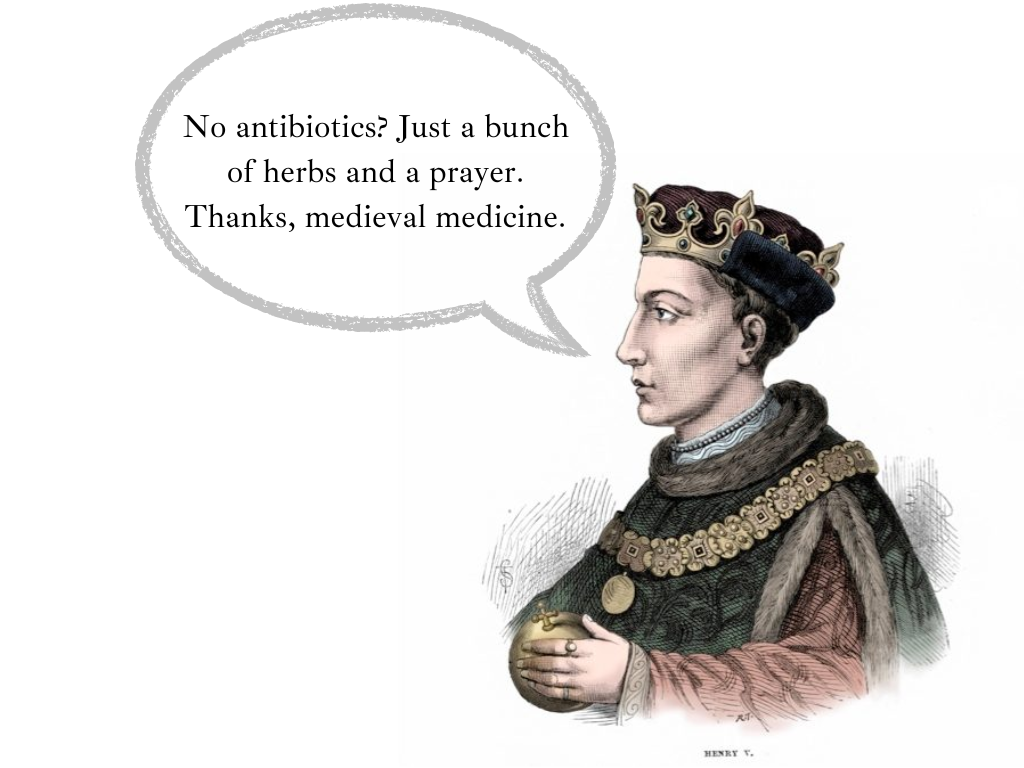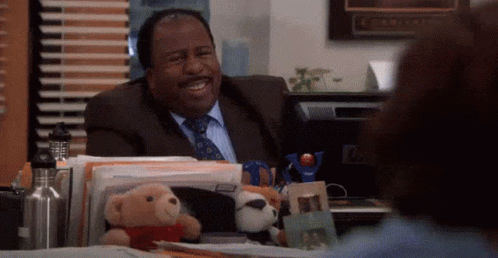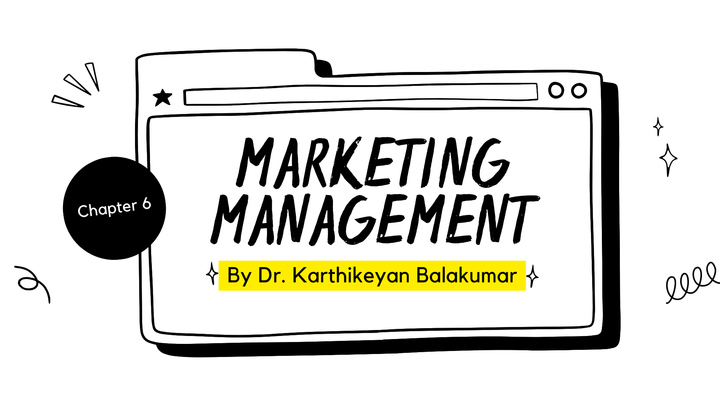Consumer Behavior Chapter 1

It’s been a little over fourteen years since I joined the ‘MBA’ life. Over these years, I have revisited (almost annually) the ideas of marketing. I moved from being a postgraduate student to a PhD student and then to a faculty member. Clearly, a lot has changed. The subject has grown more voluminous, and so have the textbooks. Different authors use different approaches, but almost always, the perspective adopted is that of a marketing manager. Interestingly, consumer behavior is not a subject only for the marketing manager. Yes, marketing managers do end up using a lot of ideas from the subject, but it also has much to offer non-marketing students.
Consumption culture is the culture that binds us the most. - Prof Rohit Verman
Fundamentally, everyone is a consumer and is likely to consume from the day they are born (arguments can be made for even prior times) to the day they die (arguments can be made for even later times). If I were to speak to Prof. Rohit Verman, he would say, “consumption culture is the culture that binds us the most.” And he would be right. In recent years, you are more likely to see someone from the other corner of the world reading the same books, loving the same music, eating the same food, and using the same products. The world’s religion is now consumption, and a class on consumer behavior is a formal introduction to this particular religion.
But first things first. Just like every religion, consumer behavior is not a science. Remember the ages when people assumed re were scientific and the only source of truth? Consumer behavior is very much like that despite the fact that there are many causal claims that consumer behaviorists make, we can never really say anything about any consumer with certainty. All consumers are unique, and their tastes and preferences too. They are also likely to change with time. Consumers keep updating their preferences with time and may not like the things they once loved as they learn about other ideas, products, and services. Things can also be quite the opposite. Consumers could learn to love something and overindulge in it. Imagine if marketers knew what we love and kept giving us more of the same. Sugar, salt, and fat are some examples of things we absolutely love. At the very heart of the obesity pandemic, you will find these three items. Over fifty years, we have changed our beaches filled with flawless bodies to those with fat people who are unable to get in shape regardless of how hard they try. I remember reading somewhere that back in the Middle Ages, it was a sign of great wealth for someone to be fat. Being fat required access to rich foods, which was possible only with wealth on your side. But today, it’s quite the opposite. It’s quite easy to become fat but much more difficult to stay fit. Times truly seem to have changed, and it appears marketers with a good understanding of consumer behavior may have been the reason this change has happened.
For every story of marketing causing a problem, there are two that show how marketing has solved problems.
Am I saying marketing is a bad profession in which we lure people into shelling out their hard-earned money (think stored labor) for products and services consumers can do without? Absolutely not. For every story of marketing causing a problem, there are two that show how marketing has solved problems.

Imagine being King Henry V, who reigned from 1413 to 1422. Despite his royal status, King Henry V did not (not may not have had, simply did not) have access to many services and products we take for granted today. He lacked modern healthcare, relying instead on rudimentary medical practices without antibiotics or advanced surgical procedures. Sanitation services such as modern plumbing and waste disposal were nonexistent, and communication was limited to messengers and written letters, with no telephones or internet. Transportation was constrained to horseback and carriages, without the convenience of cars or airplanes. Electrical power, which illuminates our nights and powers our devices, was unavailable, as were modern banking systems, credit cards, and online financial services. Consumer electronics, household appliances, and synthetic fabrics were all future innovations. Even basic personal hygiene products, a variety of global cuisines, and advanced scientific tools were beyond his reach. His world, though regal, was markedly different and far less comfortable compared to the myriad conveniences and technological advancements that marketing and modern industry have brought into our lives today.
Who do you think made this happen?
In a beautiful contrast to all that, consumers today have access to almost every one of those things at a fraction of the price. You really don’t have to be the King of England to experience them. Turn on your $100 TV and you could have innumerable jesters line up to entertain you. You could do this all from the comfort of your bed wrapped in cotton from Egypt and the cold air circulated by ACs made in Korea. You really don’t have to invade those places to get those luxuries today. Who do you think made this happen? I’m going to take credit for this! No, not really. It was marketers who made this possible. I’m not suggesting that there were marketing managers at every given point in time since then. I’m just saying that consumer behavior has been studied, and there have been enterprising people (think marketers) who have tried to make the lives of consumers better. Thanks to these wonderful people, today children (and mothers) have a better chance of living after childbirth. Music, knowledge, and information are available to everyone.
The impact of marketing extends beyond just bringing products to consumers. It has played a pivotal role in shaping societies and improving the quality of life. For instance, marketing has driven advancements in public health by promoting hygiene products and healthcare services, significantly reducing the spread of diseases. It has also contributed to the spread of education by making books, educational tools, and now digital learning resources widely available. Moreover, marketing campaigns have raised awareness about critical issues such as environmental conservation, leading to more sustainable consumer behaviors.
Consider the convenience of modern grocery shopping, which allows consumers to access a variety of fresh produce and goods from around the world. This wasn’t possible in Henry V’s time, where food preservation was limited, and diets were restricted by seasonal availability and geography. Marketing has connected global markets, ensuring that consumers can enjoy fresh strawberries in winter and exotic spices year-round. I can go on and on about this, but I’m positive you get the idea right now.
Marketing has changed the world (arguments can be made that this is both a good thing and a bad thing).

It’s not something that we can ignore, and at the bedrock of marketing is the understanding of consumer behavior. Providing that foundational understanding of consumer behavior is at the heart of this particular course (of which this particular letter forms a part). Over the next 10 weeks or so, we will discuss how consumer behavior draws from three distinct and fascinating areas: economics, psychology, and sociology. We will think about how consumers make choices based on scarcity and allocate resources to different choices. We will talk about the cognitive processes and emotional responses that drive purchasing decisions. We will not stop there; we will go further and think about pre-purchase and post-purchase decisions too. That’s the psychological dimension, by the way. We will also talk about the social and cultural contexts that shape consumer habits and preferences. We will talk about consumer culture, religion, caste, creed, subcultures, sex, and a lot of other things that have evolved over millennia.
Rest assured, the topics in consumer behavior are exciting and leverage cutting-edge technology and employ fascinating methods like ethnography to deeply understand consumer actions. Throughout this course, we will explore these areas, uncovering the dynamic interplay between them and the innovative techniques used to decode consumer behavior. We will also discuss the theories that help us understand how to change consumer behavior, and also have a little attempt at actually changing it.
So, let’s meet in the next class!



